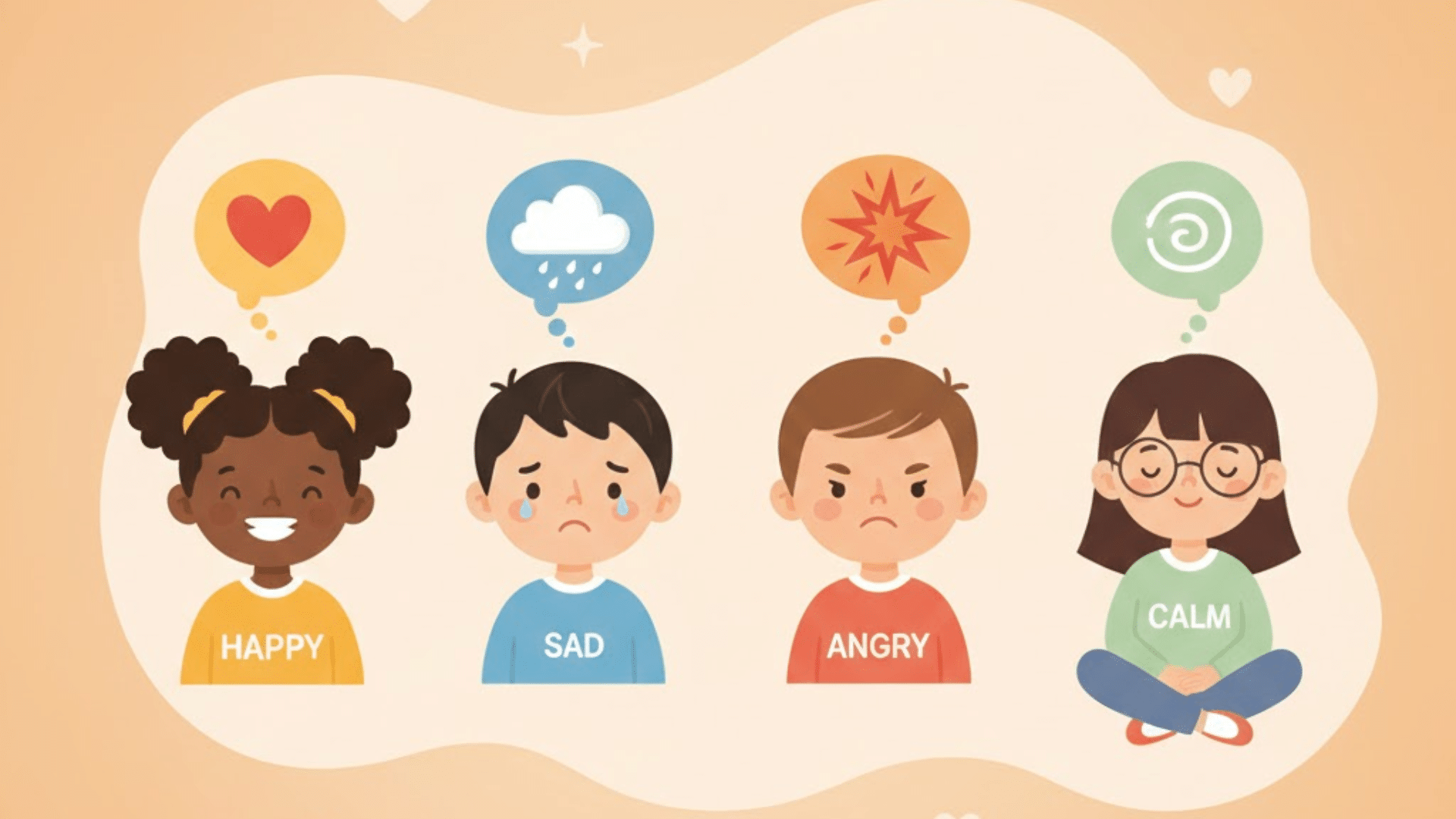Setting boundaries with parents isn’t easy – especially when you love them but still need your own space. Maybe you feel guilty saying no or drained after every talk. It’s a common struggle many adults face while trying to stay close without feeling controlled.
Today, I will share simple, real-life ways to recognize when your limits are being crossed and respond calmly. You’ll find how small, consistent changes can protect your peace and strengthen your relationship over time.
You’ll see that setting boundaries with parents isn’t about distance, but it’s about creating room for respect, balance, and genuine connection.
What Are Boundaries and Why They Matter
Boundaries are the personal limits we set to protect our time, energy, and emotions. They show others how we want to be treated and help us stay balanced in relationships.
Emotional boundaries protect your feelings and mental space. They help you decide what emotional energy you accept from others, like saying no to draining talks or not taking responsibility for your parents’ emotions.
Physical boundaries involve your body and privacy, such as asking for space or deciding how you want to show affection. Financial boundaries guide how you manage and share money, like saying no to lending when it causes stress or setting clear rules about expenses.
Digital boundaries protect your online privacy, such as limiting calls or asking parents not to post your photos without permission.
Signs You Need to Set Boundaries with Your Parents
Sometimes, it’s not easy to notice when boundaries are missing. But your feelings and daily interactions can reveal a lot.
If you often feel anxious, guilty, or overwhelmed after talking to your parents, it may be a sign that your limits are being crossed.
They might question your choices, expect constant contact, or ignore your need for space and privacy. Over time, this can leave you feeling drained or overly dependent.
Quick self-check:
- Do I feel guilty when I say no to my parents?
- Do I feel like I have to explain every choice I make?
- Do they dismiss my feelings or needs?
- Do I feel tense or on edge around them?
- Do I often put their comfort before my own?
If you said yes to most of these, your relationship might need clearer boundaries.
How to Set and Maintain Boundaries with Your Parents
Setting boundaries takes patience and practice. Each step helps you protect your peace while keeping your relationship healthy and respectful.
1. Define Your Boundaries
Think about what makes you feel uncomfortable or drained. These are clues to where you need limits. Reflect on your needs, like time, privacy, or emotional space, and write them down.
Clarity makes it easier to express them later. A simple worksheet can help you track patterns and notice what situations test your boundaries most.
2. Communicate Boundaries Effectively
Once you know your limits, express them clearly and kindly. Use “I” statements that focus on your feelings instead of blame. For example, say, “I appreciate your concern, but I need to make my own choices,” or “Let’s plan visits ahead instead of surprise drop-ins.”
Stay calm, confident, and respectful – consistency helps your parents understand and respect your boundaries.
3. Enforcing Boundaries
Boundaries only work when you follow through. Set clear consequences when they’re crossed, like saying, “If you yell, I’ll end the call.” Repeat your message calmly; if needed, the “broken record” approach helps.
Consistency shows you mean what you say. Don’t give in out of guilt; protecting your peace is more important than temporary comfort.
4. Handle Guilt, Pushback, and Manipulation
Guilt is a normal part of change. It often means you’re breaking old patterns. Use deep breathing, journaling, or affirmations to manage it.
If your parents react with anger or guilt trips, remember their emotions are not your responsibility. Seek help from a therapist or counselor if it feels too overwhelming to handle on your own.
5. Adapt Boundaries Over Time
As life changes, your boundaries might too. What you need in your twenties may differ from what you need later. Stay flexible, but don’t ignore your limits to please others.
You can care for your parents while protecting your mental and emotional space. Balanced boundaries help maintain love, respect, and long-term harmony in your relationship.
Examples of Setting Boundaries with Your Parents

Here are a few simple ways to respond when your parents cross a line. Use these examples as a guide and adjust them to your situation:
- When they criticize your life choices: I value your opinion, but I need to make my own decisions. I’ll learn from my experiences.
- When they expect constant contact: I love talking to you, but I can’t always respond right away. Let’s plan a regular time to catch up.
- When they overstep with your kids or partner: I appreciate your care, but I’d like to handle this my way. Please respect how we choose to do things.
- When you’re living together: I’m grateful to stay here, but I also need some privacy. Let’s set times when I can have my own space.
- When they ask for financial help: I want to support you, but I have my own expenses to manage. Let’s talk about other ways I can help.
Using calm and respectful words helps you stand firm without hurting your relationship.
Free Tools and Resources
Here are some trusted tools to help you learn, practice, and strengthen your boundaries. Each resource offers simple, practical support you can start using right away.
Printable Boundary Checklist
Download the free printable [Boundary Setting Checklist] to help you stay clear, calm, and consistent while setting limits with your parents.
Recommended Books
- Boundaries: When to Say Yes, How to Say No by Henry Cloud & John Townsend – A classic guide that shows you how to create limits in all types of relationships.
- Set Boundaries, Find Peace: A Guide to Reclaiming Yourself by Nedra Glover‑Tawwab – A modern, practical book focused on boundary-setting in family and everyday life.
Podcasts
- Set Boundaries, Find Peace – Podcast version of Nedra’s work, offering deeper conversations on boundaries and self-care.
- Hush Your Mind: Empowered Boundaries for Soulful Relationships with Annie Moussu – An empathetic podcast for those who struggle with people-pleasing and want to build self-worth and clearer limits in relationships.
Conclusion
Setting boundaries with parents is one of the kindest things you can do for yourself and your relationship. It’s about creating space for honesty, trust, and emotional balance so both sides can grow.
It also helps you protect your energy and build a more peaceful, understanding connection with your parents.
When you practice it with patience, you’ll notice less tension and more respect in your relationship. Over time, these small shifts create lasting emotional freedom and deeper mutual trust.










